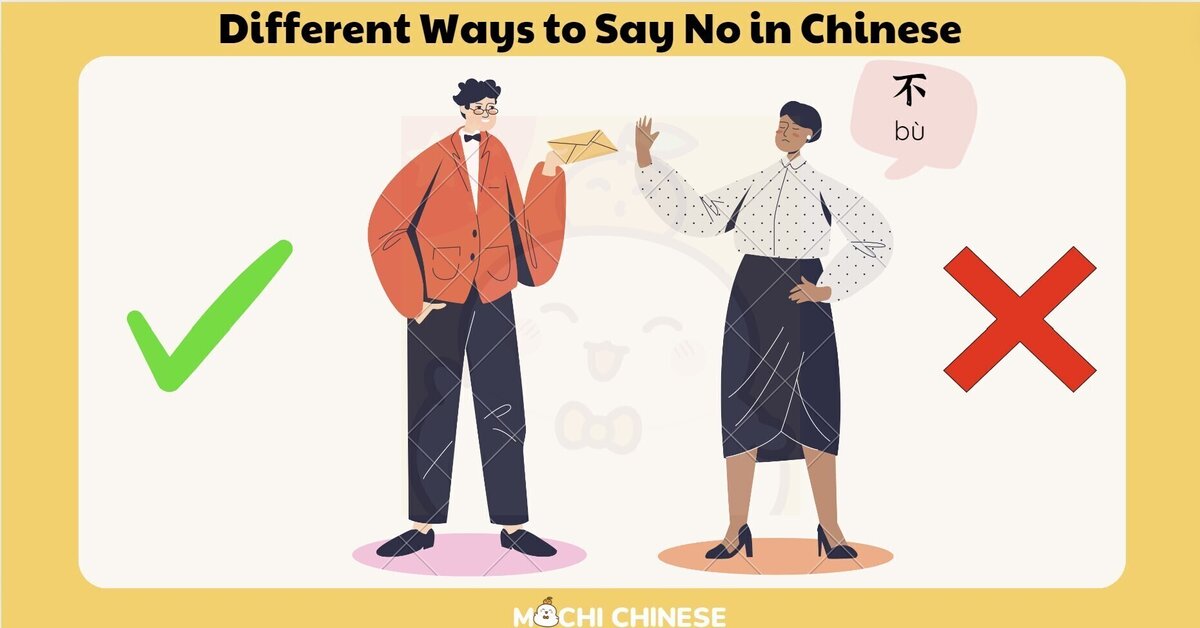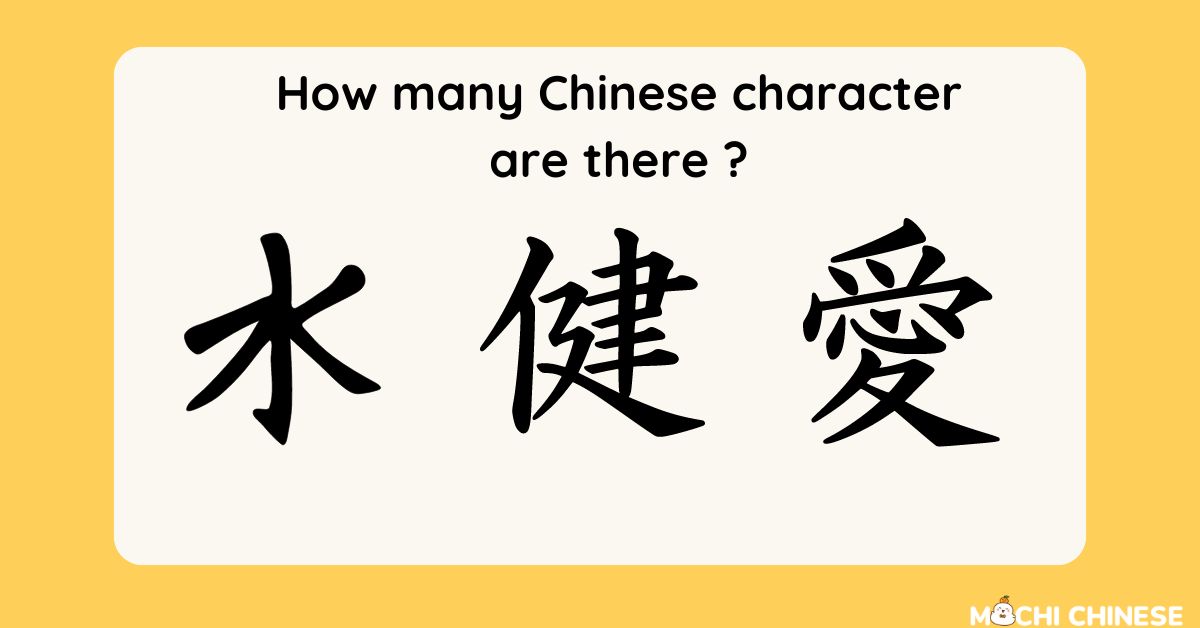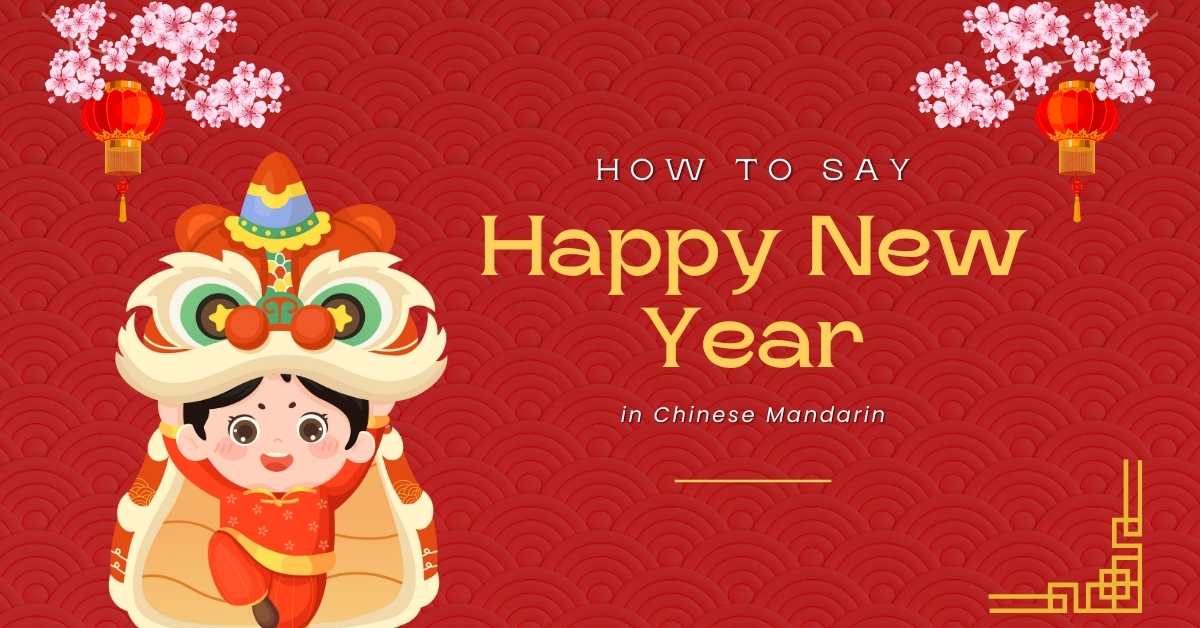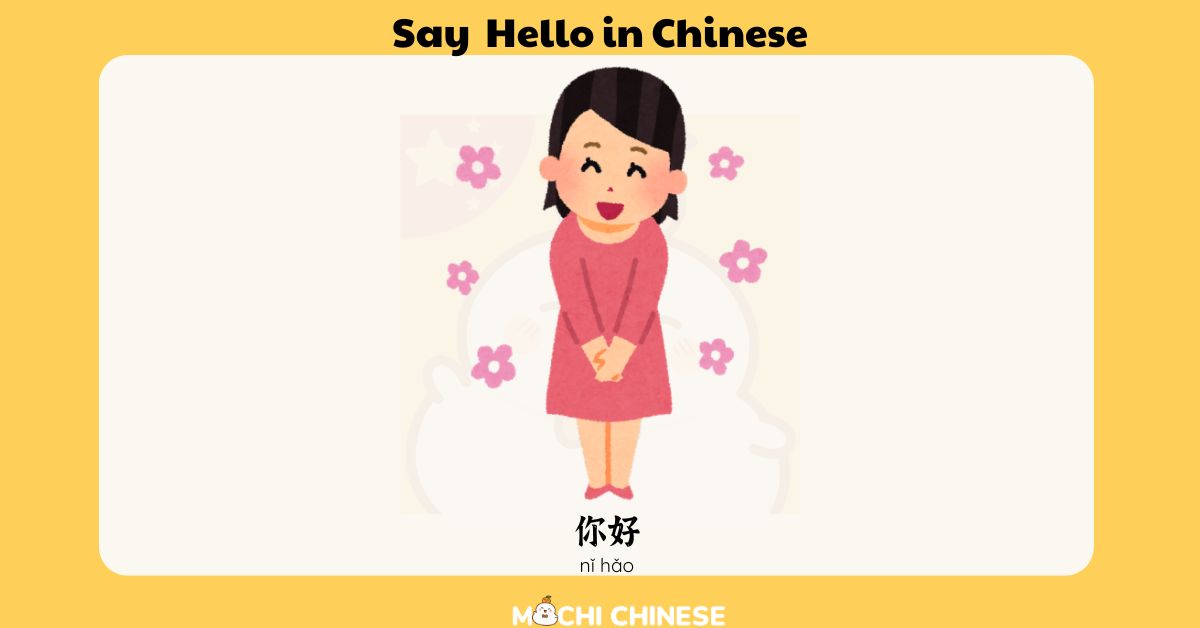Learning how to say “How are you?” in Chinese not only helps you start a conversation but also shows your respect and interest in the culture. This guide will cover the standard phrase, variations, appropriate responses, and regional differences to help you sound more like a native speaker.
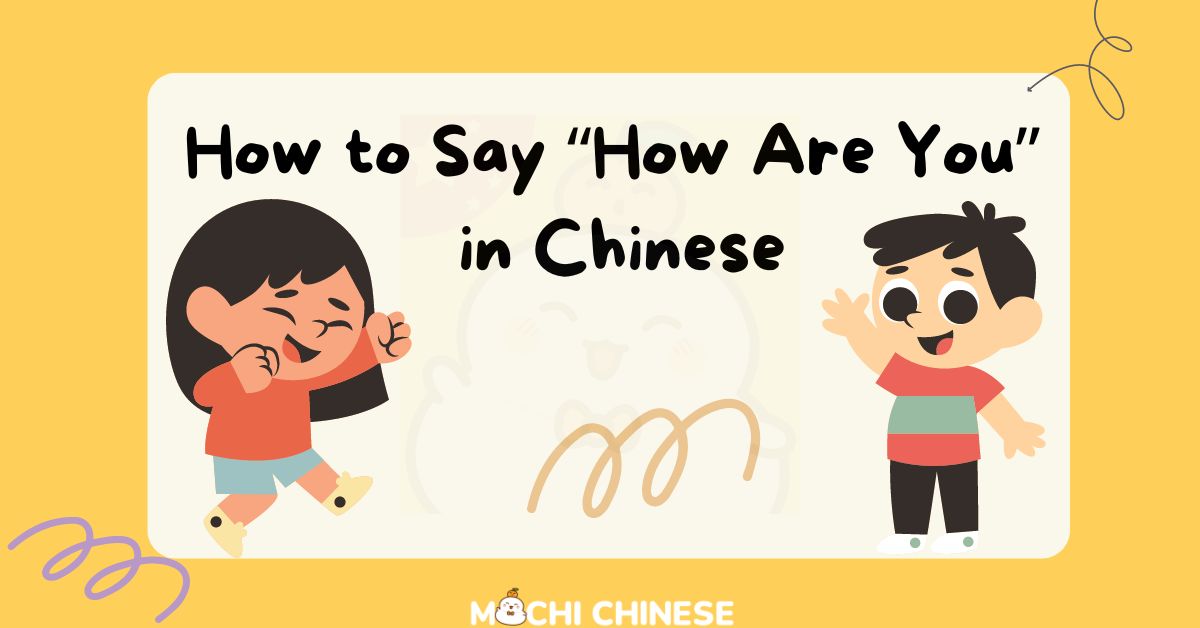
Basic Greeting “How are you” in Chinese
The most common way to say “How are you?” in Chinese is “你好吗?(Nǐ hǎo ma?)”.
Pronunciation Tips: Mastering Chinese pronunciation can be challenging due to its use of tones and unfamiliar sounds. The essential tips to help you sound more native-like is to provide audio or phonetic guidance to help beginners master the pronunciation.
For beginners, using language learning apps like Mochi Chinese can be very helpful. Each conversation has integrated native audio, pinyin, and meaning to help you understand how to speak. The app offers conversation practice that can help you master the pronunciation and intonation.
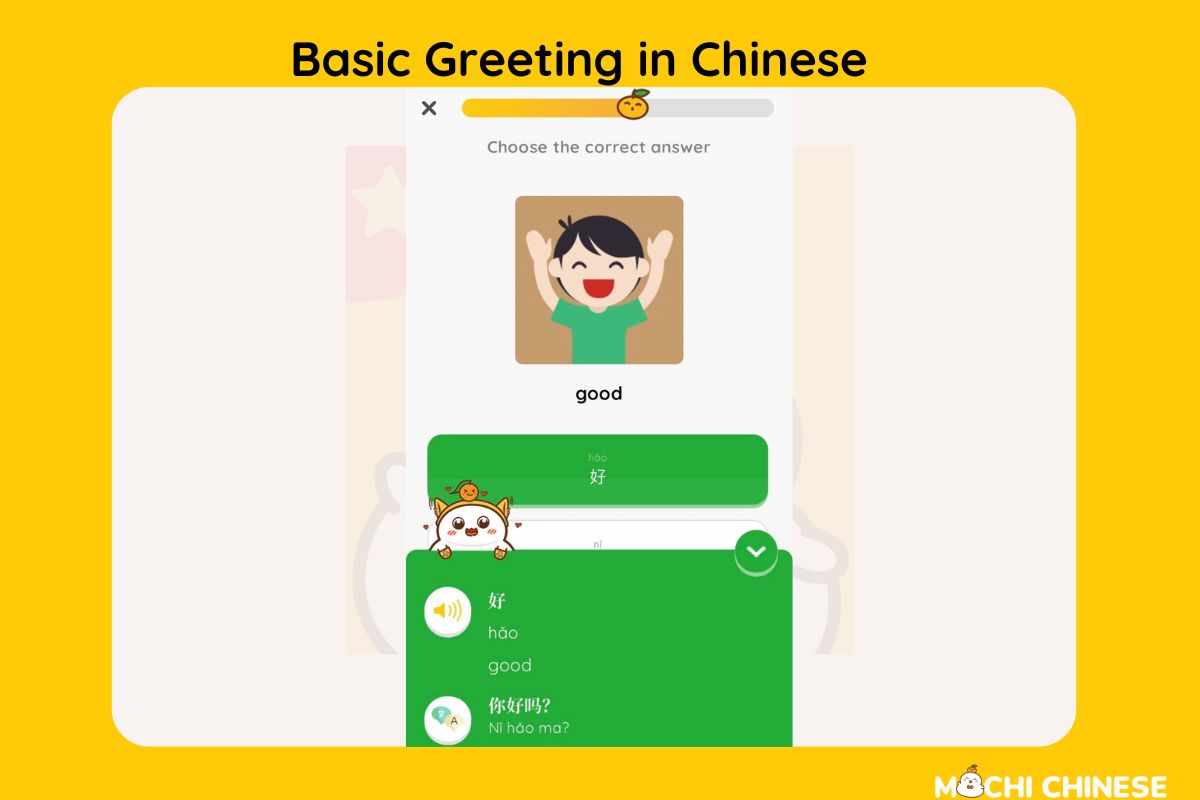
Ways to ask “How are you” in Chinese
Casual
In informal contexts, you can use “你怎么样?(Nǐ zěnme yàng?)”. This phrase is more casual and friendly. This is also one of the most natural and common ways that Chinese people use when they want to greet or ask someone. The phrase uses this phrase with friends, peers, family members, even coworkers.
Formal Expressions
For formal situations, such as in business or when addressing elders, use “您好吗?(Nín hǎo ma?)”. The use of “您 (nín)” shows respect. For example 爷爷,您好! (Yéye, nín hǎo!)
Greetings from time
How to say hello in Chinese is also expressed according to time such as good morning, good afternoon, good night,…. For example:
早上好!(Zǎoshang hǎo!) (Good morning!)
中午好 (Zhōngwǔ hǎo!) (Good afternoon!)
晚上好! (Wǎnshàng hǎo!) Good evening!)
晚安! (Wǎn’ān!) (Good night!)
Greet certain audience
With certain communication objects, we cannot use the above common greeting method. Instead you will use the Chinese hello sayings according to the following formula: Name + 你/您好.
For example: 周经理,你好! (Zhōu jīnglǐ, nǐ hǎo!) (Hello, Manager Zhou!)
Greeting through questions
Sometimes greetings are not only expressed through saying “nǐ hǎo” but it is also expressed through greetings. When you want to greet an old friend you haven’t seen for a long time, you often say;
你还好吗?(Nǐ hái hǎo ma?) (Are you okay?)
好久不见! (Hǎojiǔ bùjiàn!) (Long time no see).
Responding to “How Are You?”
Learn new Mandarin phrases to ask “how are you?”, and know how to answer back. Here are some versatile responses for almost any situation, including various ways to respond.
我还好 – Wǒ hái hǎo
Wǒ hái hǎo (我还好) is a common and straightforward way to respond to someone asking how you are, essentially expressing “I’m still good” and can be used in various contexts. Engage in simple dialogues or role-playing exercises to practice these interactions. For example:
- A: 你好吗?(Nǐ hǎo ma?)
- B: 我很好,谢谢。你呢?(Wǒ hěn hǎo, xièxie. Nǐ ne?)
我不错 – Wǒ yě bùcuò
我不错 (Wǒ yě bùcuò) means “Not bad myself.” Use this answer after the other person shares their feelings, indicating good but not too good. For example:
- A: 你怎么样?(Nǐ zěnme yàng?)
- B: 我也不错,谢谢!(Wǒ yě bùcuò, xièxiè!)
我最近忙… – Wǒ zuì jìn máng…
Tell your friends about your recent activities, such as spending time with friends, working, or studying Chinese, and share your busy schedule with them. For example:
- A: 你好吗?(Nǐ hǎo ma?)
- B: 我最近忙,谢谢!(Wǒ zuìjìn máng, xièxiè!) – I’ve been busy recently, thanks!
别提了 – Biétíle
Biétíle, meaning “Don’t even ask,” is a common joke among friends that can be used to dismiss unwanted questions after a bad day, ensuring that the conversation is not heated.
- A: 你怎么样?(Nǐ zěnme yàng?)
- B: 别提了!(Biétíle!) – Don’t even mention it!
Regional Differences
Different Chinese-speaking regions have unique ways of asking “How are you?”. For example:
In Taiwan they say “你好不好?(Nǐ hǎo bù hǎo?)”, this phrase directly translates to “Are you good or not?”.
Greeting in Cantonese in Hong Kong is 你好嗎?(Nei hou ma?) (How are you?), 有冇食飯?早晨 (Jóusàhn) (Good morning).
Singapore and Malaysia (Chinese): 最近怎么样?(Zuìjìn zěnme yàng?) (How have you been recently?), 吃了没?(Chīle méi?) (Have you eaten?).
Understanding these regional differences and the cultural context behind them is important.
Conclusion
Mastering the phrase “How are you?” in Chinese, along with its variations and appropriate responses, will enhance your conversational skills and cultural understanding. By paying attention to regional differences and practicing through interactive exercises, you can sound more like a native speaker.

